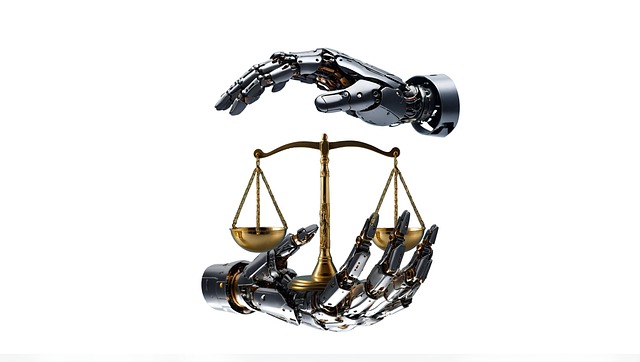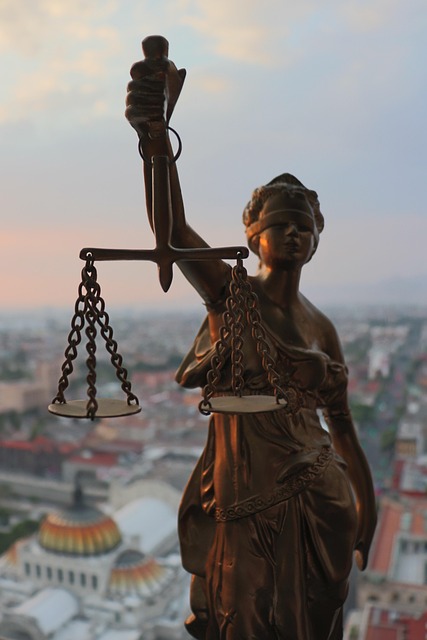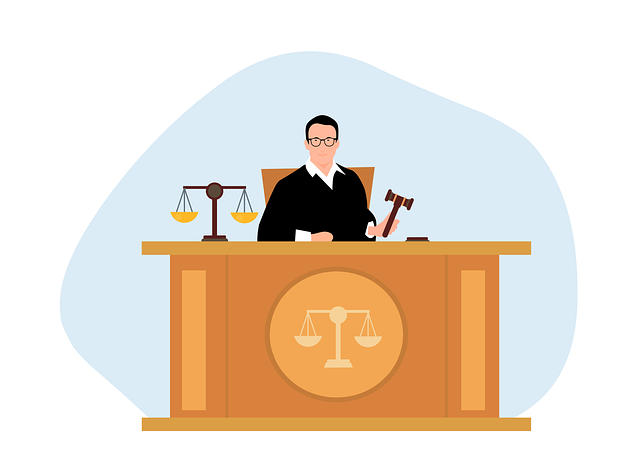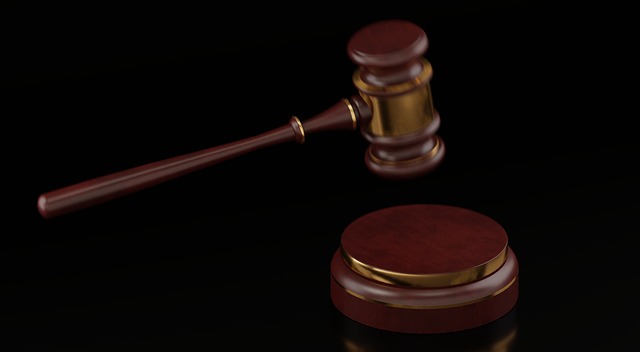Public corruption charges are handled through a robust legal framework, with civil litigation for Business Partnership Issues serving as a key tool to recover losses and hold corrupt officials accountable. This process involves filing a complaint, investigation, and jury trials, aiming to deter future misconduct and ensure justice. In complex cases of corporate malfeasance, civil litigation offers remedies like monetary compensation or specific performance to restore balance. Strategic defense against public corruption charges includes utilizing civil litigation to differentiate legitimate business activities from illicit practices, focusing on specific transactions for favorable verdicts.
“Public corruption charges pose significant threats to businesses, particularly in the context of international partnerships. Understanding the legal framework behind these charges is crucial for navigating potential pitfalls. This article delves into the intricacies of public corruption allegations, offering insights on civil litigation processes and strategic defenses for business disputes.
We explore the step-by-step approach to handling these complex cases, focusing on strategies that can protect businesses and their partnerships in the global arena.”
- Understanding Public Corruption Charges: Legal Framework
- Civil Litigation Process for Business Disputes
- Strategies to Defend Against Corruption Allegations
Understanding Public Corruption Charges: Legal Framework

Public Corruption Charges are a serious matter that falls under a robust legal framework designed to uphold integrity in governance. These charges encompass a wide range of illicit activities, from bribery and abuse of office to fraud and embezzlement. The foundation of this framework lies in criminal law, with specific statutes targeting corrupt practices. These laws vary across the country but generally involve strict penalties, including fines and imprisonment, to deter and punish perpetrators.
In many jurisdictions, addressing public corruption has expanded beyond criminal prosecution to include civil litigation for Business Partnership Issues. This approach allows for recovery of losses incurred due to corrupt acts, providing a powerful tool in combating corruption. The success of these cases, often decided through jury trials, has demonstrated the effectiveness of holding corrupt officials and entities accountable. Winning challenging defense verdicts in these civil cases not only ensures justice but also serves as a deterrent, sending a clear message that such misconduct will not be tolerated.
Civil Litigation Process for Business Disputes

When it comes to addressing complex business disputes, civil litigation plays a pivotal role, especially in cases involving public corruption charges. This legal process provides a structured framework for resolving conflicts between businesses or between a company and its partners. The journey begins with filing a complaint, where a party outlines their grievances, setting the stage for a detailed investigation. Throughout this process, lawyers act as guides, ensuring their clients’ rights are protected.
In high-stakes cases, such as those involving corporate malfeasance or misaligned business partnerships, civil litigation becomes even more critical. It offers a platform to seek remedies, whether it’s monetary compensation or specific performance. The goal is to restore balance and provide justice for all parties involved, fostering an environment where businesses can thrive without the shadow of corruption or unethical practices. For his clients, this process requires strategic navigation through intricate legal landscapes, making it essential to engage experienced counsel to safeguard their interests.
Strategies to Defend Against Corruption Allegations

When facing public corruption charges, a robust defense strategy is paramount. One effective approach involves leveraging civil litigation for business partnership issues as a shield against criminal allegations. This legal maneuver allows for a more focused inquiry into specific transactions or agreements, providing an opportunity to isolate and challenge the corrupt practices without the broader criminal context. By navigating all stages of the investigative and enforcement process meticulously, defense attorneys can build a compelling case that distinguishes legitimate business dealings from illicit corruption.
High-stakes cases often demand a nuanced understanding of complex laws and regulations. Winning challenging defense verdicts in these scenarios requires a deep analysis of the evidence, meticulous record-keeping, and strategic argumentation. Legal teams should be adept at dissecting financial records, identifying procedural irregularities, and presenting alternative interpretations to mitigate liability. This methodical approach can significantly strengthen the defense, particularly when addressing allegations that involve intricate business partnerships or transactions.
Public corruption charges can significantly impact businesses, particularly in civil litigation for business partnership issues. Understanding the legal framework surrounding these charges is crucial for developing effective defense strategies. By navigating the complexities of public corruption allegations, businesses can ensure fair treatment and mitigate potential damage to their reputation and operations. This requires a thorough review of evidence, adherence to legal procedures, and sometimes, innovative strategies to defend against corruption allegations in civil litigation.






